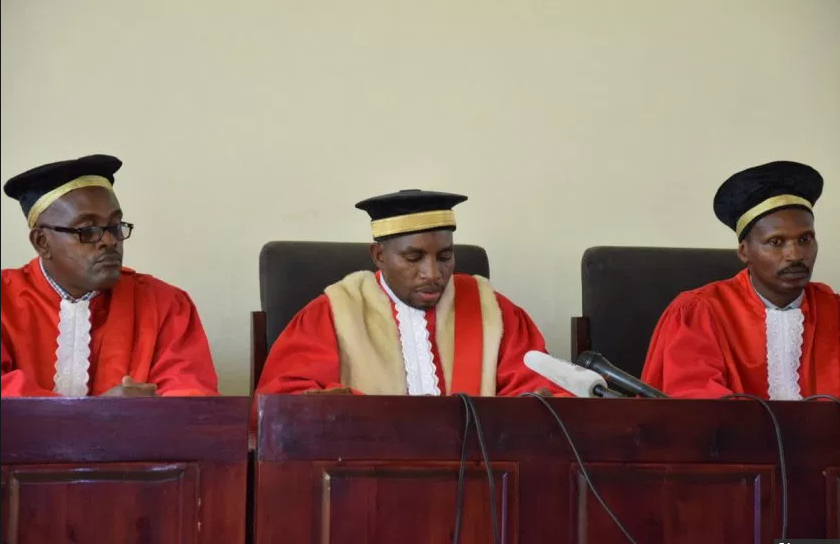
Burundi court upholds disputed presidential election results

Burundi’s constitutional court on Thursday upheld the results of last month’s presidential election and rejected the complaints filed by opposition leader Agathon Rwasa, who had alleged widespread irregularities.
The court upheld the win of ruling party candidate Evariste Ndayishimiye with 68% of the vote, with Rwasa receiving 28%. The court called Rwasa’s complaint unfounded and said any irregularities could not taint the entire electoral process in the East African nation.
Rwasa, who is also the first vice president of the National Assembly, and CNL party spokesman Therence Manirambona were not available to comment.
But Rwasa earlier told The Associated Press that he would take the matter to the East African Court of Justice based in neighboring Tanzania if he was not satisfied with the court’s decision.
Rwasa had alleged the stuffing of ballot boxes and said the electoral roll had never been published. “Not a single district, no single province was spared,” he said after going to court.
Burundi’s Catholic bishops conference also questioned the vote, saying they witnessed “intimidation and constraints exerted by some administration officials who accompanied voters to the voting booths, the exclusion of observers from places where votes were counted, the intrusion of unauthorized persons into places where votes were counted” and voting in the name of the dead.
Ndayishimiye, 52, will succeed President Pierre Nkurunziza, who has been in power since 2005. The ruling party has said Nkurunziza will have the title “Supreme Guide” after he steps down, and many believe he will wield considerable influence behind the scenes.
Ndayishimiye will be inaugurated in August.
While Rwasa’s party alleged intimidation ahead of the vote and said more than 200 supporters were arrested on election day, this election did not see the widespread demonstrations and deadly violence that marked the previous vote in 2015 after Nkurunziza decided to run for a third term that many called unconstitutional.
The deadly turmoil badly damaged global relations, and Burundi became the first country to leave the International Criminal Court after it started investigating allegations of abuses.






